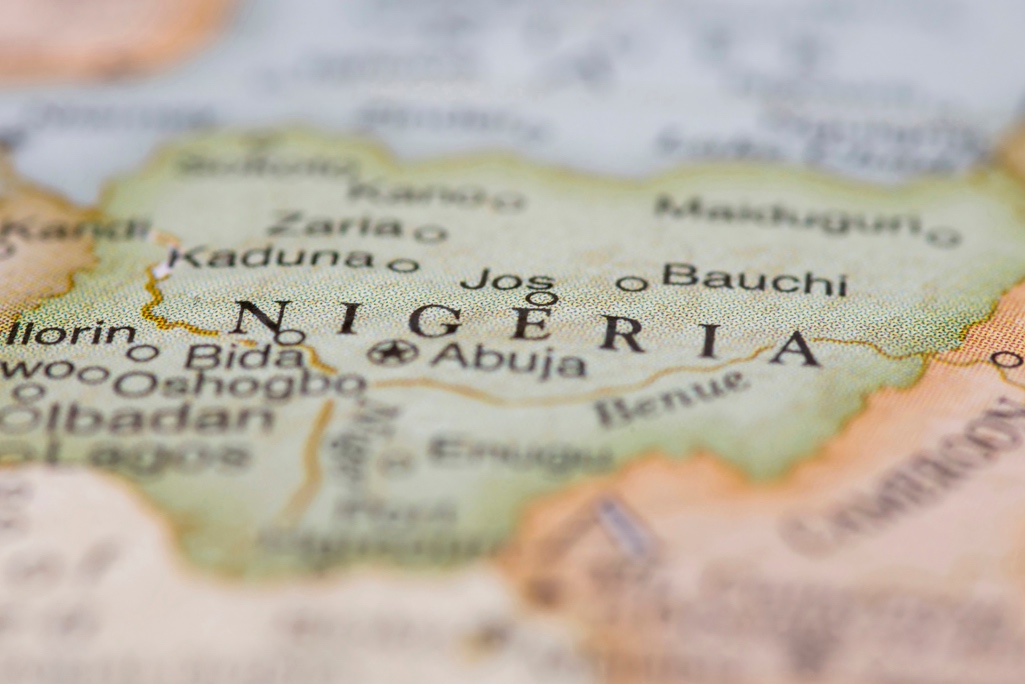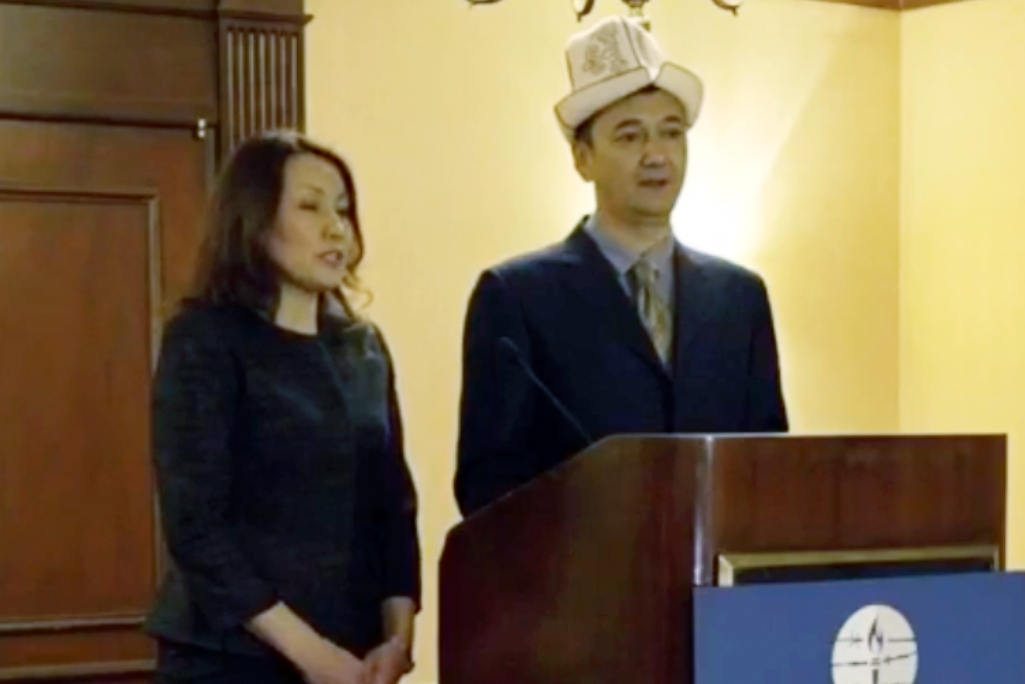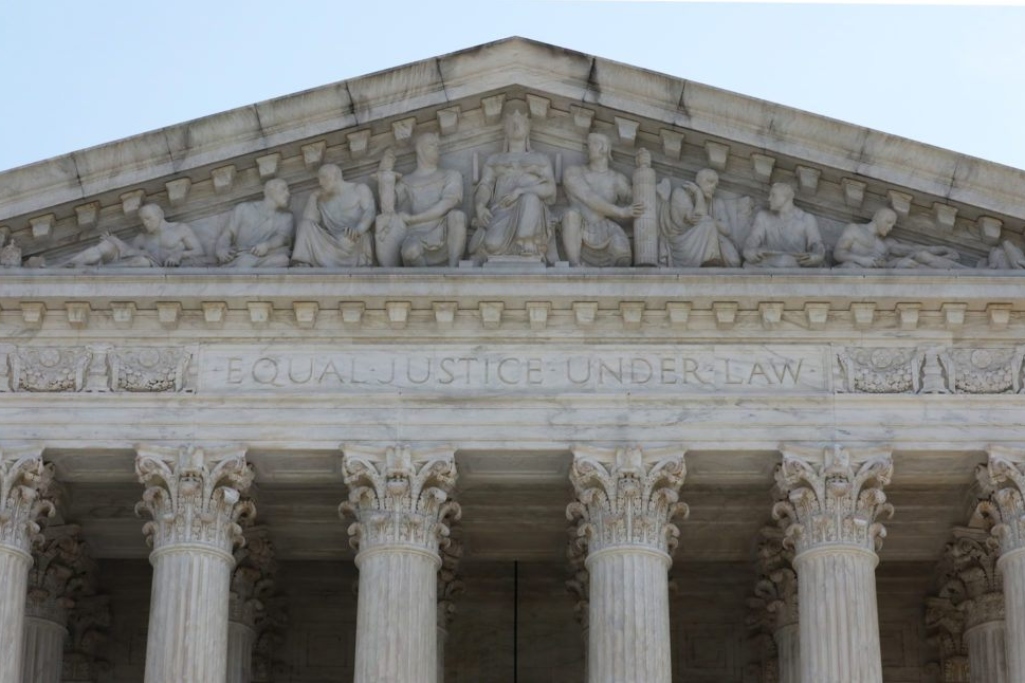
WASHINGTON, D.C. – The U.S. State Department added two countries to its annual designation of the world’s worst persecutors but failed to return Nigeria to the list despite requests from a Southern Baptist entity and other advocates for international religious freedom.
Secretary of State Antony Blinken announced Friday (Dec. 2) his designation of the latest “countries of particular concern” (CPCs), a category reserved for the world’s most severe violators of freedom and belief. His list added Cuba and Nicaragua and maintained the 10 countries designated in 2021 as CPCs – Burma (Myanmar), China, Eritrea, Iran, North Korea, Pakistan, Russia, Saudi Arabia, Tajikistan and Turkmenistan.
The Southern Baptist Ethics & Religious Liberty Commission (ERLC) had joined a coalition of more than 30 other organizations, as well as 35 individuals, in a September letter that asked Blinken to classify Nigeria as a CPC. The bipartisan U.S. Commission on International Religious Freedom (USCIRF) also had recommended CPC status for Nigeria.
Blinken’s failure last year to re-designate the west African country as a CPC stunned religious freedom defenders. Mike Pompeo, the previous secretary of State, had placed Nigeria on the list for the first time in 2020, and the ERLC was among organizations that urged Blinken last year to keep it as a CPC.
According to separate reports, more Christians were slain in Nigeria in 2021 – 4,650 – than in all other countries combined, and more than 2,500 Christians died at the hands of Islamic terrorists in the first six months of 2022. Muslims who reject the extremism of Islamic terrorists also have been targeted.
“The continued failure of the United States to exhaust every diplomatic tool at its disposal, including the ‘country of particular concern’ designation, to aid Christians and other religious minorities facing horrific persecution in Nigeria is to our shame,” said Hannah Daniel, the ERLC’s policy manager, in written comments for Baptist Press.
“As the ERLC has repeatedly urged, these brothers and sisters facing unspeakable tragedy because of their faith deserve not only our concern but also our action.”
USCIRF “is tremendously disappointed” in Blinken’s refusal to follow its guidance on Nigeria, as well as its recommendation of India as a CPC, said Nury Turkel, the commission’s chair.
“There is no justification for the State Department’s failure to recognize Nigeria or India as egregious violators of religious freedom, as they each clearly meet the legal standards for designation as CPCs,” Turkel said in a written release. “The State Department’s own reporting includes numerous examples of particularly severe religious freedom violations in Nigeria and India.”
In addition to Nigeria and India, the State Department also declined to include Afghanistan, Syria and Vietnam as CPCs despite their recommendations by USCIRF.
In addition to CPCs, the State Department also designates each year a Special Watch List (SWL), which is reserved for violating countries that fall short of CPC status, and “entities of particular concern” (EPCs), which are non-state actors.
The State Department did not include Nigeria and India even on the Special Watch List this year. Instead, Blinken named Algeria, the Central African Republic, Comoros and Vietnam to the SWL. USCIRF, however, had also called for Azerbaijan, Egypt, Indonesia, Iraq, Kazakhstan, Malaysia, Turkey and Uzbekistan to be included. In addition, USCIRF had recommended Cuba and Nicaragua for SWL designation based on 2021 reports but acknowledged conditions in both countries had worsened this year.
The EPCs named by Blinken were al-Shabaab, Boko Haram, Hay’at Tahrir al-Sham, the Houthis, Islamic State in the Greater Sahara, Islamic State in West Africa, Jama’at Nusrat al-Islam wal Muslimin, the Taliban and the Wagner Group.
In the September letter to Blinken from the ERLC and others, the coalition said violence in general and against Christians specifically has increased since his 2021 decision not to re-designate Nigeria as a CPC. The letter signers asked him to name a special envoy to investigate violence that has targeted Christians in particular in Africa’s most populous country.
While non-government actors, including Boko Haram and the Islamist State in West Africa, have carried out attacks against religious adherents, Nigeria’s government has not demonstrated the capacity and determination to provide adequate protection for Christians and Muslims, the letter signers said.
In addition to the ERLC, other organizations signing onto the letter included 21 Wilberforce, Alliance Defending Freedom International, American Humanist Association, Christian Freedom International, Family Research Council, International Christian Concern, Jubilee Campaign USA and Religious Freedom Institute.
In this year’s annual report, USCIRF said religious liberty conditions in India “significantly worsened” in 2021. India’s government “continued to systematize its ideological vision of a Hindu state” through its policies, affecting Muslims, Christians, Sikhs, Dalits and other religious minorities negatively, according to USCIRF. The effect included numerous attacks on minorities, especially Muslims and Christians, the commission reported.
USCIRF, which consists of nine members appointed by the president and congressional leaders, tracks the status of religious liberty worldwide and issues reports to Congress, the president and the State Department.
(EDITOR’S NOTE – Tom Strode is Washington bureau chief for Baptist Press.)


